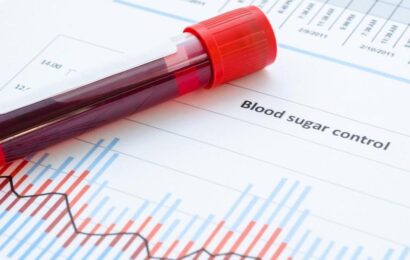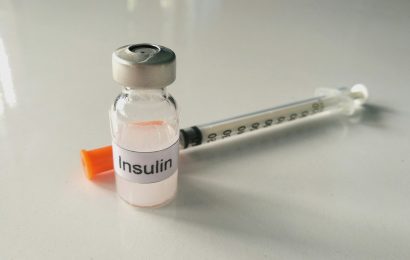Now that summer is just around the bend, thoughts often turn to summer foods and drinks. When we’re hot and thirsty from working in the yard or spending a day at the beach, many of us reach for a can of diet soda or sugar-free lemonade or iced tea. Others reach for plain old water to quench their thirst.
Water is a beverage that is often overlooked, and we tend to take it for granted. I’ve had patients who have told me, “Water’s so boring” or “I just don’t like how water tastes.” I always thought that was rather strange, since water doesn’t really have a taste. But, after becoming a drinker of bottled water, I’ve realized that some bottled waters do have their own distinct taste—I happen to not care for Evian or Dasani waters, for example. But no matter, as there are plenty of other bottled waters to choose from. In fact, bottled water has become big business: Sales of bottled water reached over $10 billion in 2006, and according to the International Bottled Water Association, sales are only going to increase, reaching at least $45 billion per year within six years.
What’s so great about water? It’s colorless and pretty much tasteless. But it does happen to be essential to the human body. Our bodies are between 55% and 75% water (the leaner you are, the more water you “contain”). Every single organ system in our bodies requires water to function properly. Water flushes out toxins and carries nutrients to our cells and tissues. Water keeps our mucous membranes moist. And, of course, water keeps us hydrated. Dehydration, which can occur during the hot summer months, can cause you to feel fatigued and thirsty and may give you a headache, dizziness, or muscle weakness. People with Type 1 diabetes who have diabetic ketoacidosis (DKA) and people with Type 2 diabetes who have hyperosmolar hyperglycemic nonketotic syndrome (two extremely serious and potentially life-threatening conditions) are often severely dehydrated and require fluid and electrolyte replacement as part of treatment.
How much water do we need? This has been a topic of some debate in recent years. Health-care professionals frequently tell people to drink at least eight 8-ounce glasses of water every day (this advice originated in the 1980s, apparently). However, there’s not too much science behind this. In fact, a study published in the American Journal of Physiology in 2002 looked at this “8 x 8” recommendation and could find no supporting evidence for it. The lead author recommended that people drink when they’re thirsty, and that it was OK to drink caffeinated beverages, too. Two years later, the Institute of Medicine (IOM) agreed with the study’s finding, stating that healthy adults can use their thirst level as a gauge for how much to drink. However, the IOM does recommend that men aim for 125 ounces (15 cups) of fluid per day and women aim for 91 ounces (11 cups) of fluid per day from a combination of liquids and food. About 20% of our water intake comes from food, and some foods are mostly water, such as lettuce, watermelon, broccoli, and apples.
Of course, some people need more fluid, especially when they’re exercising, when it’s hot out, or when they’re sick. And another benefit of drinking plenty of fluids and eating high-water foods is that they can make you feel full, a big help if you’re watching your weight.
Do people with diabetes need more water than people without diabetes? Not necessarily, although this depends on your blood glucose control. If you run high blood glucose levels on a frequent basis, you may end up urinating more (your body’s way of trying to “flush out” extra glucose), and you possibly could become dehydrated if you don’t replace those fluid losses.
So, while you don’t need to overdo the water, it’s important to drink enough to stay healthy. Take advantage of all the fresh fruits and vegetables that summer has to offer and keep water (bottled, tap, seltzer, flavored) on hand to stay hydrated. Go easy on fruit juices as well as sugar-sweetened lemonade and iced tea, as they’re quite high in carbohydrate.
Cheers!




